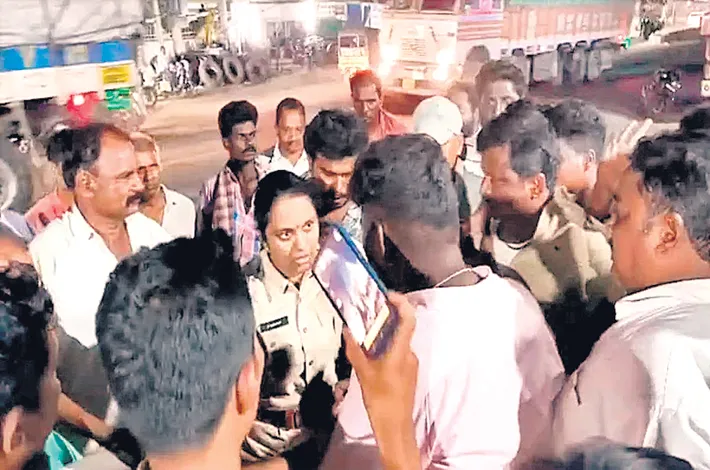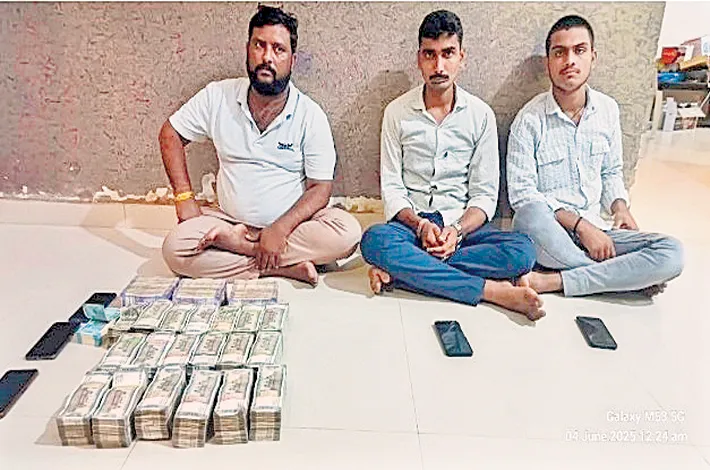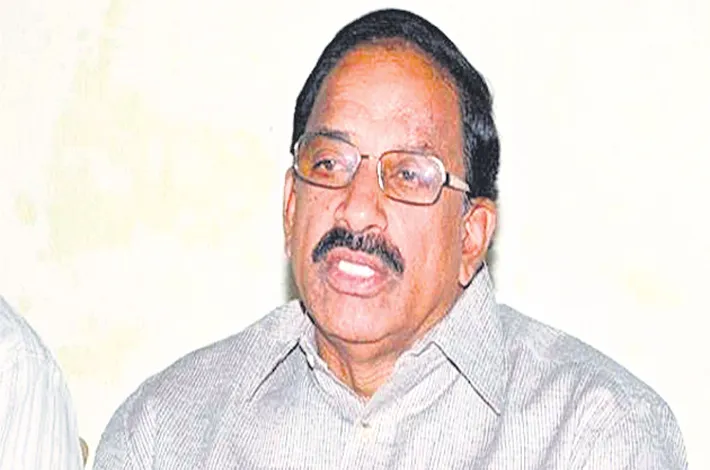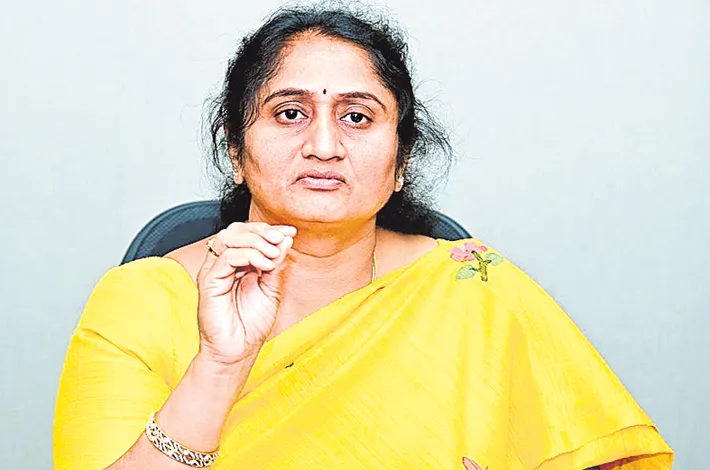A Monsoon Melody in Mumpusa
05-06-2025 12:00:00 AM
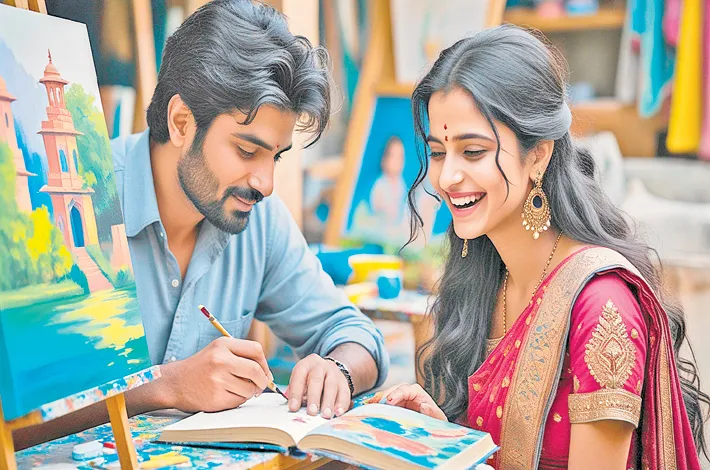
The air in Mumpusa, a quiet village tucked into the lush green folds of Goa, carried the scent of wet earth and anticipation. It was the monsoon season of 2025, and the skies were a canvas of brooding clouds, occasionally parting to let slivers of sunlight kiss the swaying palms. Aadya stood on the porch of her ancestral home, a quaint Portuguese-style villa with fading yellow walls, watching the rain weave patterns on the laterite stone path. She had returned to Mumpusa after years in Mumbai, seeking solace after a bruising breakup. The city had drained her; the village, she hoped, would heal her.
Across the narrow lane, in a house with a sloped roof and bougainvillea spilling over its walls, lived Rohan. A painter by passion and a carpenter by trade, he had moved to Mumpusa two years ago, drawn by its unhurried rhythm and the inspiration it offered his art. His days were spent carving intricate designs into teak or capturing the village’s soul on canvas—its paddy fields, its ancient banyan tree, its people. He had noticed Aadya the day she arrived, her quiet grace as she unpacked her bags, her eyes carrying a story she hadn’t shared.
Their first meeting was accidental, under the dripping canopy of a tamarind tree. Aadya, caught in a sudden downpour while walking to the village market, had sought shelter, only to find Rohan already there, sketching the rain-soaked landscape. “You’re new here,” he said, not looking up from his sketchpad, his voice warm like the chai sold at Mumpusa’s lone tea stall.
“Not new. Just… back,” Aadya replied, brushing wet strands of hair from her face. “I grew up here. Years ago.”
He glanced at her then, his eyes the color of the Arabian Sea at dusk. “Mumpusa has a way of calling people back.”
They talked as the rain fell, about the village’s quirks—the way the church bell rang slightly off-key, the stray dog that followed everyone but belonged to no one, the way the monsoons made everything feel alive. Aadya found herself smiling, a forgotten reflex. Rohan offered to walk her to the market once the rain eased, and she didn’t refuse.
Over the next few weeks, their paths crossed often. Mumpusa was small, after all. They met at the weekly fish market, where Rohan teased her for hesitating over a pomfret’s freshness. They bumped into each other at the village chapel, where Aadya lit a candle for her late grandmother, and Rohan, not particularly religious, stood quietly beside her. He invited her to his workshop one evening, showing her a half-finished painting of the Mandovi River, its waters reflecting a monsoon sky. She told him about her life in Mumbai, the advertising job that had once thrilled her but left her hollow, the relationship that crumbled under the weight of unmet expectations.
“You’re not broken, you know,” Rohan said one evening, as they sat on his veranda, sharing a plate of bebinca and watching fireflies dance in the dark. “You’re just… repainting yourself.”
Aadya laughed, but his words lingered. She began to notice the way his hands moved when he spoke, calloused from woodworking yet gentle when he adjusted a canvas. She noticed how he listened, not just to reply but to understand. And she noticed her own heart, which had been silent for so long, beginning to hum.
One humid afternoon, Rohan asked her to join him on a walk to the cliffs overlooking the sea, a spot where Mumpusa’s greenery met the endless blue. The rain had paused, leaving the air thick and the ground slick. They climbed the narrow path, laughing when Aadya nearly slipped, Rohan catching her arm just in time. At the cliff’s edge, they sat on a rock, the ocean stretching before them like a promise. Rohan pulled out a small sketchbook and began drawing her, his pencil tracing the curve of her jaw, the way her eyes softened when she looked at the waves.
“I don’t know if I’m ready for this,” Aadya admitted, her voice barely above the sound of the surf. “For… feeling something again.”
Rohan set his sketchbook down. “You don’t have to be ready. Just be here. With me.”
He reached for her hand, and she let him take it. His touch was warm, grounding, like the earth after the rain. They sat in silence, the kind that didn’t need filling, as the sky began to bruise with the threat of another downpour.
The monsoon’s peak brought a festival to Mumpusa, a celebration of São João, where villagers leapt into swollen streams and danced to Konkani songs. Aadya, usually reserved, let Rohan pull her into the chaos. They jumped into the cool waters of a stream, laughing as they splashed each other, their clothes clinging to their skin. Later, under a canopy of fairy lights strung across the village square, they danced, her head resting against his shoulder, his heartbeat a steady rhythm beneath the music.
As the festival wound down, they slipped away to the banyan tree at the village’s heart, its roots sprawling like ancient secrets. The rain had started again, a gentle drizzle that made the world feel intimate. Rohan pulled her close, his lips brushing her forehead. “Stay in Mumpusa,” he whispered. “Or take me with you, wherever you go.”
Aadya’s heart stuttered. She thought of Mumbai, its relentless pace, its noise. Then she thought of Mumpusa—its quiet mornings, its monsoon magic, and Rohan, who saw her not as broken but as a work in progress, like one of his paintings. “I’m not going anywhere,” she said, and meant it.
They kissed under the banyan, the rain weaving a curtain around them, soft and unhurried. It wasn’t a grand declaration, no promises of forever, but it was enough. In Mumpusa, where time moved like the tides, they had found a beginning.
As the monsoon continued, so did they, carving out moments between rain showers and village life. Aadya started writing again, stories inspired by Mumpusa’s colors and Rohan’s quiet strength. He painted her into his landscapes, a figure woven into the greens and blues of Goa. Together, they were a melody, soft and tentative, but growing louder with each passing day.





